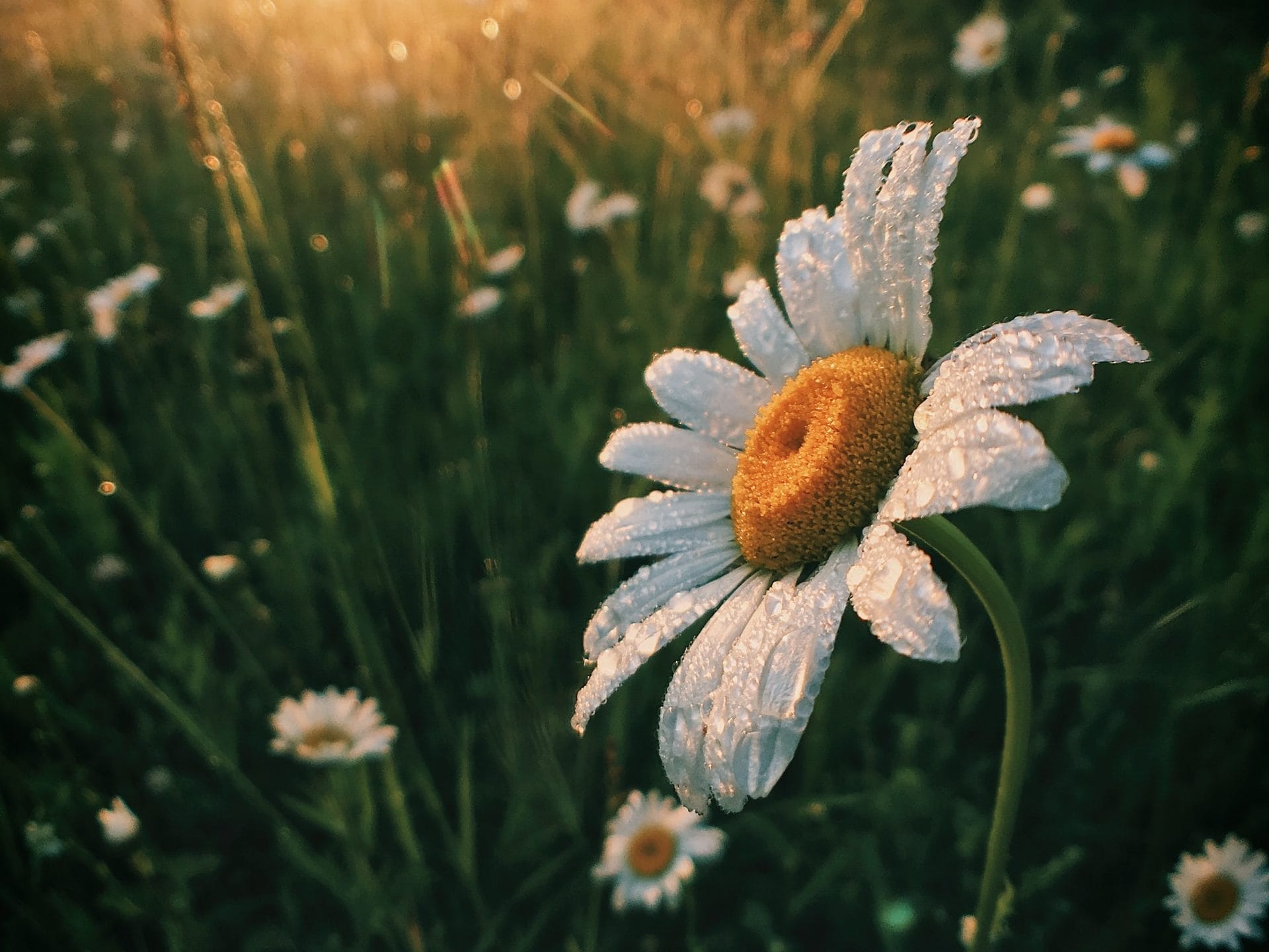Those who like to wake up at dawn and actively immerse themselves in the new day are called skylarks.
Those for whom the most productive time – the evening, and the morning rise is given with difficulty, are counted among the owls.
John Medina, author of “ Brain Rules“ .
What you and your children should know about the brain, “says that only about 30% of the world’s population can be attributed to one or the other.
The molecular biologist-evolutionary causes the rest to be of the mixed type and calls them “hummingbirds”.
By the way, up to 47% of chronotype is inherited.
So if your parents didn’t get up with the sun on the weekend, chances are you don’t like early risers either and have to set an alarm clock.

Are early risers happier?
If you believe the proverb and bright examples of famous personalities, then you can draw the wrong conclusions that an early rise has a positive impact on human achievements.
Apple CEO Tim Cook gets up at 3:45, and British billionaire Richard Branson wakes up no later than 6 am.
Scientists have concluded that there is an inverse relationship, and the habit of waking up at dawn is not a guarantee of success.
The study, led by Dr. Alice Faiser – Childes of the Center for Human Brain Health at the University of Birmingham, involved the observation of 38 respondents.
They included both owls and larks.
Researchers studied brain function using magnetic resonance imaging and confirmed that early risers had higher reaction rates in the first half of the day.
At the same time, there were lower rates of sleepiness throughout the experiment, from 8 to 8 p.m.
Those who preferred going to bed and getting up late had equally high brain function scores closer to the evening, even in the presence of sleepiness due to the morning start of the experiment.

Do we need to wake up early?
Scientists have concluded that owls are often compromised by schedules that are inconvenient for them.
From an early age, they must adjust to common standards, in which kindergarten, school and work begin early in the morning, while their bodies are uncomfortable with this.
Facer – Childs pointed out that if people were able to choose their own waking hours.
Then it would significantly improve productivity and health levels.
Biologist from Oxford University Katharina Wolff agrees with the results of the study of her colleagues.
According to her, if a person follows the schedule provided for him by nature, it is much easier to cope with everyday tasks.
He will have a higher intellectual capacity.
Wolff argues that even if you force the “owls” to get up at five in the morning, he will not stop producing melatonin, the sleep hormone.
This has an effect on health.
Insulin and glucose sensitivity may be lowered, resulting in weight gain.

Is it better to get up early or late?
Ideally, a person should consider his or her natural biorhythms and adjust to the body’s needs.
Even if you start waking up a couple of hours earlier than usual, your body won’t be ready for it, and your brain will still want to start working later.
Unfortunately, few people have access to the ability to choose a work schedule based on their own preferences.
If you don’t try to change your sleep cycles and continue to live within the accepted time frame, it’s worth focusing on what you do best.
Studies confirm that larks are more consistent, tend to think strategically and are less likely to succumb to depression.
At the same time, owls show a much higher cognitive ability and speed of information processing, especially closer to the evening.
By the way, there are more creative people, adventurers and those who easily make new friends among those who like to stay up late at night.
For example, in a recent study led by Dr. Neta Ram – Vlasov of the University of Haifa (Israel).
Collected statistics that indicate a relationship between creativity and sleep cycles.
According to the scientists, those who like to get up early in the morning are more likely to be visually creative.
While adherents of sleep before dinner show the best results in written essays.
At the same time in the overall mass of creatively gifted people were found among owls.



